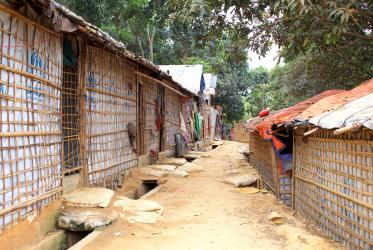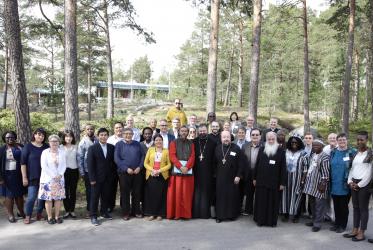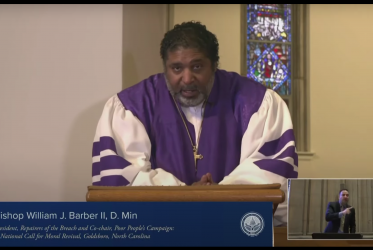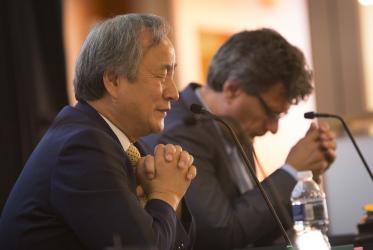Displaying 141 - 160 of 760
Seven Weeks for Water 2021
17 February - 29 March 2021
Bishop Hee-Soo Jung: “Prayer is a radical action”
11 December 2020
WCC executive committee maps future with hope in uncertain times
19 November 2020









